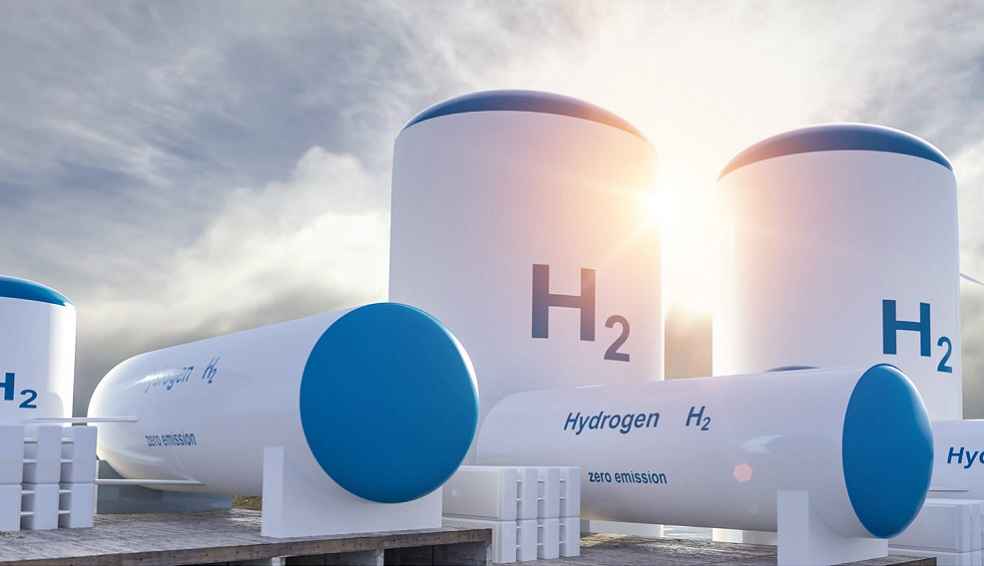Delineating a forward-thinking path for India’s environmental policies and net-zero trajectory, Chandra Bhushan, a leading voice on climate change, underscores the strategic role of cutting-edge technologies like electric vehicles, advanced battery systems, photovoltaic cells, and hydrogen fuel. These innovations stand poised to drastically curtail the nation’s fossil fuel dependency, propelling India towards a decarbonized economy while simultaneously addressing air pollution woes.
Technological Frontiers in India’s Climate Strategy
Bhushan articulates a vision where technological solutions surmount current obstacles. He points out that policy reform, rather than technological or financial barriers, is crucial for India’s green transition. With the right policies set into motion today, their effects will flourish over the coming decades, ensuring environmental and economic health.
The Health and Economic Toll of Air Pollution
Bhushan’s analysis, grounded in recent studies, paints a stark picture of the health and economic costs of air pollution. Notably, a study published in The Lancet quantifies these costs of $36.8 billion, or 1.4% of India’s GDP in 2019, linking them to premature deaths and chronic diseases. This burden, disproportionately carried by those living in proximity to coal mines and power stations, manifests in higher incidences of lung and heart diseases.

India’s Commitments and Capabilities
At COP26, India’s leadership pledged to a net-zero future by 2070, with half of the nation’s electricity sourced from renewables by 2030. Bhushan affirms this ambitious commitment is well within reach, given the revolutionary strides in renewable technology, significantly the sharp drop in solar energy costs.
Economic Upsides of Renewable Adoption
The economic advantages of shifting towards renewable energy and electric vehicles are profound. Bhushan forecasts a surge in the electric vehicle market and highlights potential savings on fuel imports, potentially netting $2.5 trillion by 2047 if targets are met.
Green Hydrogen: A Game Changer
Green hydrogen emerges as a pivotal element for decarbonizing industrial sectors. With more affordable renewable energy, producing green hydrogen is no longer a distant dream. Bhushan also points out the strategic opportunity for India to engage in global technology partnerships under frameworks like the Paris Agreement, reinforcing its leadership in climate action.

India’s Role as a Climate Vanguard
Bhushan’s narrative positions India at the vanguard of climate action, ready to lead by example with a sustainable development model distinct from Western precedents. India can actualize a future that is not only greener and healthier but also technologically advanced and economically robust, he underscores.
This narrative stands as a blueprint for the nation’s journey to environmental rejuvenation, emphasizing that India’s dedication to technological adoption and policy refinement will forge a cleaner, more sustainable tomorrow.
EV WORLD | Ford Revs Up EV Game with Strategic AMP Acquisition





